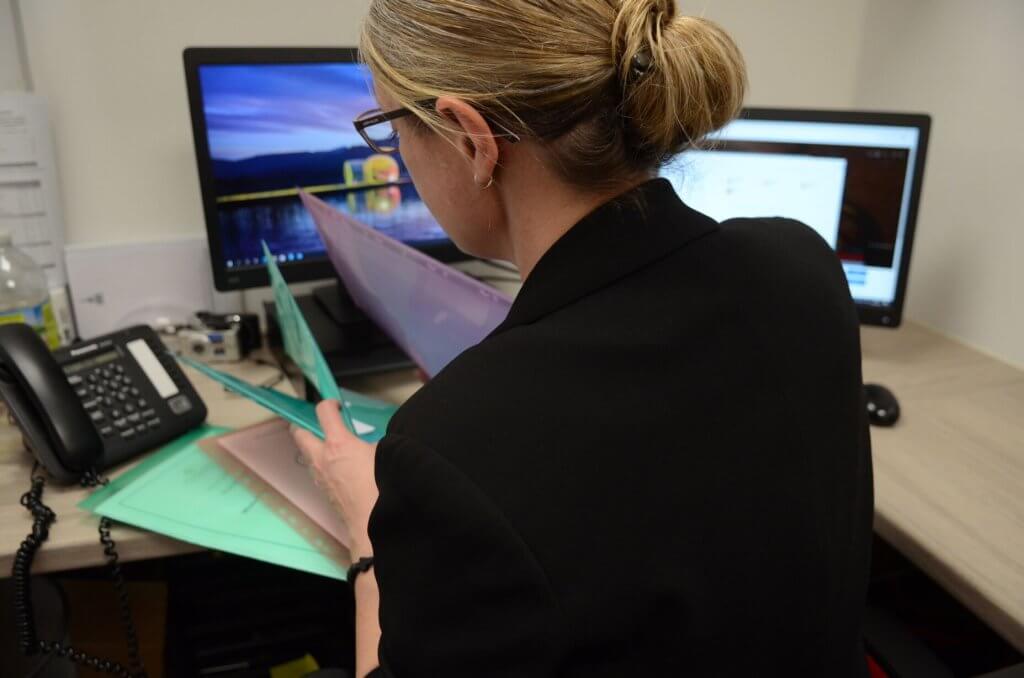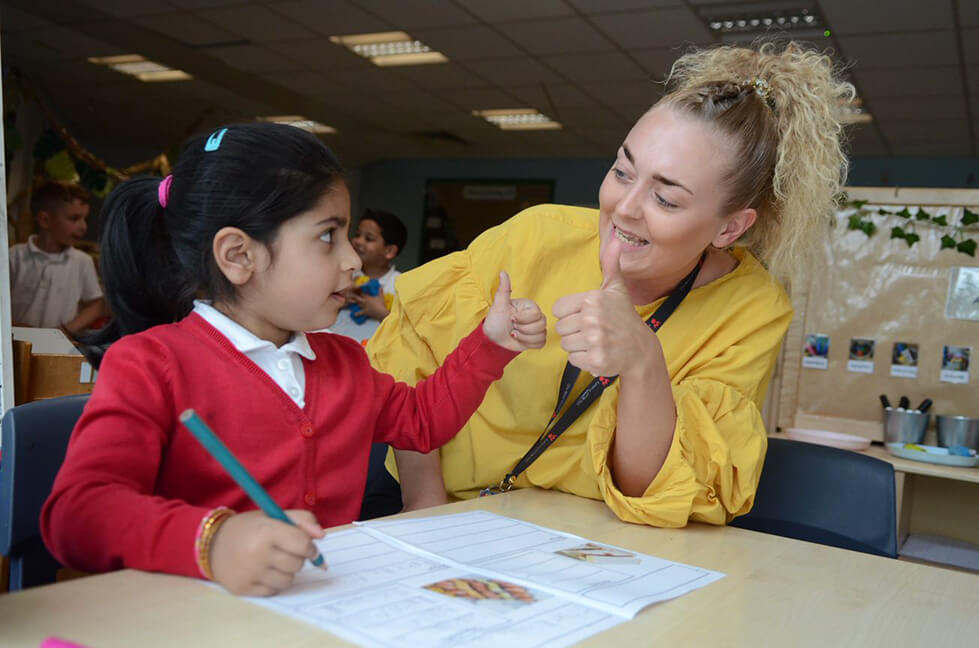Schools have always been places of change and growth, but in recent years, the landscape has shifted dramatically. The rise of academisation in education has brought significant structural and cultural changes, often at the expense of stability and relational continuity for young people. For students who are already at risk of disenfranchisement, these transitions can compound feelings of disconnection, dysregulation, and exclusion. As Creative Arts Therapists working in schools, we witness firsthand the profound impact of these changes and the essential role that therapeutic relationships play in helping young people navigate them.
The Hidden Cost of Change
Academisation has led to frequent restructuring within schools, often resulting in the loss of long-standing support staff who provided consistent, trusted relationships for vulnerable students. These adults, who may not hold formal therapeutic roles, often act as emotional anchors, offering safety and stability through the everyday rhythms of school life.
When these relationships are severed due to staffing changes or budget cuts, the cost to young people is immense. For those who struggle with emotional regulation or carry the weight of trauma, losing a trusted adult can escalate feelings of abandonment and lead to increased behavioural dysregulation.
The Impact on Dysregulation and Disenfranchisement
Without skilled support, dysregulation can be misunderstood as defiance or disengagement. The high-pressure environment of modern schools, where attainment and behaviour management often take precedence, leaves little room for curiosity about the underlying causes of a student’s distress. When students feel unseen and misunderstood, disenfranchisement follows. They become more likely to disengage from learning, relationships, and the school community as a whole.
Creative Arts Therapies offer an alternative narrative.
Through drama, art, music, and play, students can explore complex emotions in ways that words may not allow. In therapeutic spaces, they can safely experiment with different roles, process loss, and reconnect with a sense of agency. This work is vital in rebuilding the relational capacity that is often eroded by instability and repeated loss.
Supporting Staff to Support Students
The wellbeing of students is inseparable from the wellbeing of the adults who support them. Yet support staff often face immense pressure with minimal training or emotional support. In environments where stress is high and resources are stretched thin, it is unsurprising that burnout and compassion fatigue are common. Without adequate support, the very adults tasked with helping students to regulate their emotions may themselves struggle to manage the emotional intensity of their roles.
Clinical supervision and reflective practice groups offer a lifeline. By providing space for staff to process their experiences, develop emotional regulation skills, and maintain professional curiosity, these supports help to sustain the relational resilience that young people need. Schools that invest in the wellbeing of their staff not only reduce turnover but also create a culture where students feel seen and valued.
As the educational landscape continues to shift, it is crucial to remember that relationships are at the heart of learning and growth. The loss of significant adults through structural changes cannot be treated as a mere logistical challenge; it is a relational rupture with far-reaching consequences.
Creative Arts Therapies offer a way to repair and sustain these vital connections, providing students with the stability they need to thrive. By valuing relationships and investing in the wellbeing of both students and staff, schools can create environments where even the most vulnerable young people feel a sense of belonging and hope.
Please complete the form below and we will get in contact as soon as we can to help you with your query.
















